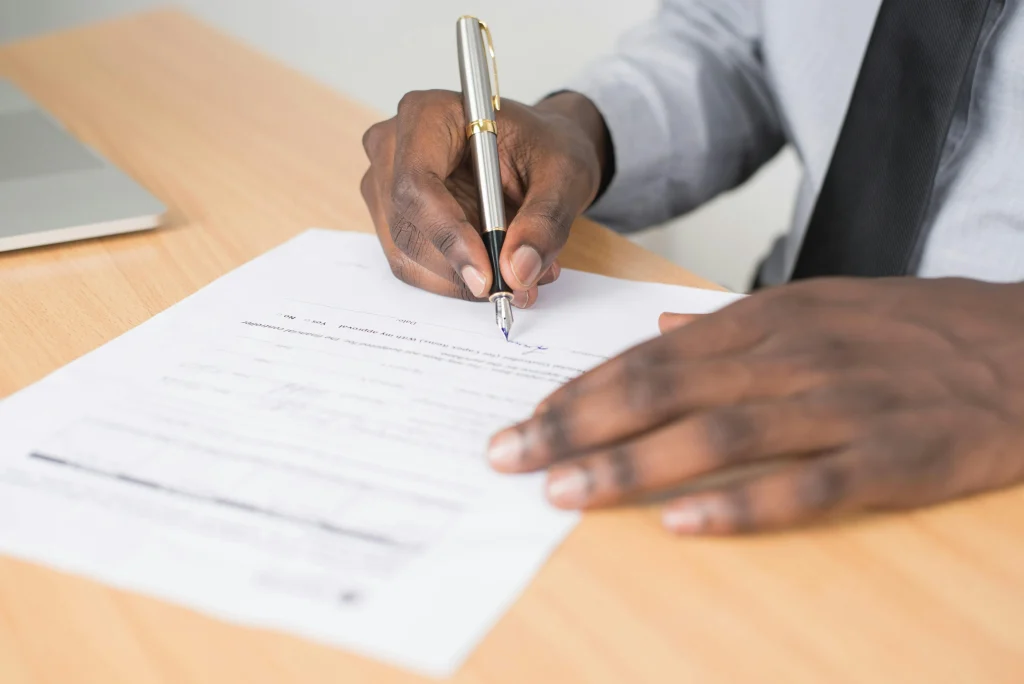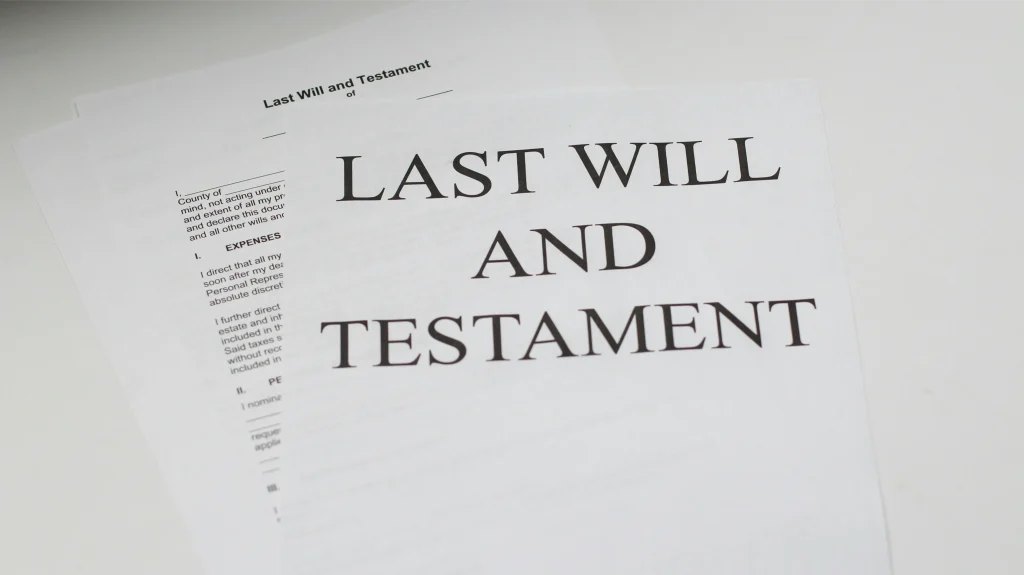A Lasting Power of Attorney (LPA) is a legal document in the UK that lets you choose someone you trust (called an Attorney) to make decisions on your behalf if you are no longer able to do so yourself.
This might happen if you become ill, have an accident, or lose mental capacity due to conditions such as dementia.
There are two types of LPA:
- Health and Welfare LPA – Covers decisions about your medical care, daily routine, or where you live.
- Property and Financial Affairs LPA – Covers money matters like paying bills, managing bank accounts, or selling property.
Key Legal Terms Made Simple
- Donor – The person making the LPA (you).
- Attorney – The person you appoint to act for you.
- Capacity – Your ability to make and understand decisions. If you lose capacity, your Attorney steps in.
- Court of Protection – A UK court that decides for you if no LPA is in place.
Why an LPA is Important
- Control – You choose who makes decisions, not the courts.
- Family Protection – Prevents stress and conflict between relatives.
- Flexibility – Allows decisions to be made quickly in emergencies.
- Peace of Mind – You know your wishes will be respected if you can’t speak for yourself.
If You Don’t Have an LPA
- Your family may need to apply to the Court of Protection to manage your affairs.
- This process is slow, costly, and stressful.
- Until the court decides, important bills or care decisions may be delayed.
- The court may appoint someone you wouldn’t have chosen.
- A Lasting Power of Attorney is about planning ahead.
- It protects you, reduces stress for loved ones, and ensures your voice is heard—even if you can’t speak for yourself.
FreeWill Advice – Safeguard Your Future





